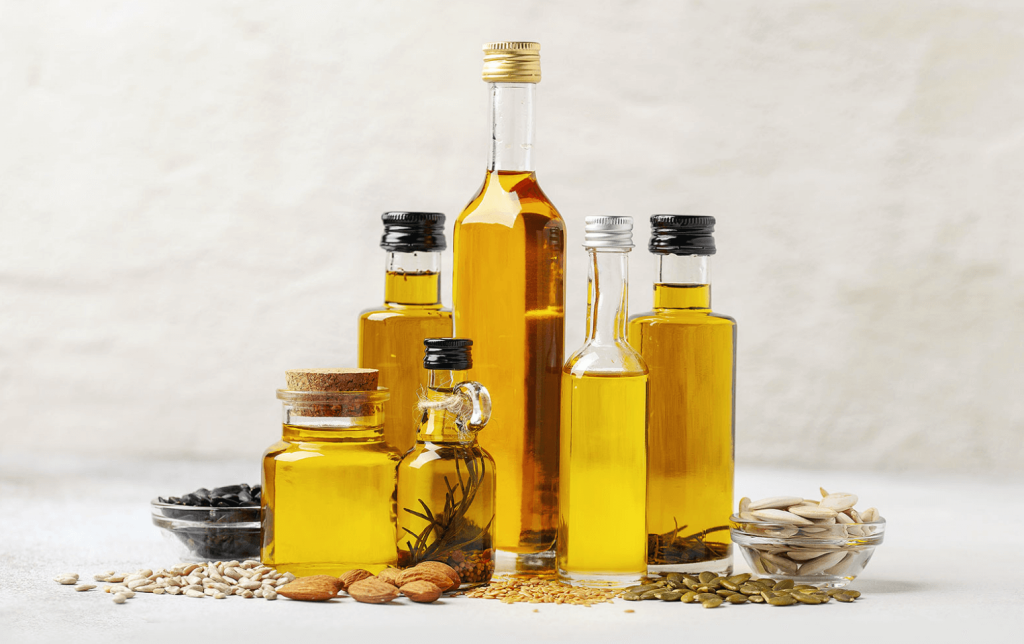Types of Vegetable Fatty Acids for Paint and Resin Production
Vegetable fatty acids play a crucial role in the production of eco-friendly paints and resins. These natural compounds offer sustainable alternatives to petroleum-based products, reducing environmental impact and providing unique properties. Here are some of the most common types of vegetable fatty acids used in paint and resin manufacturing:
- Linseed Oil (Flaxseed Oil) Derived from flax seeds, linseed oil is rich in alpha-linolenic acid, an omega-3 fatty acid. It’s widely used in oil-based paints and varnishes due to its excellent drying properties and durability. Linseed oil forms a tough, water-resistant film when exposed to air, making it ideal for both interior and exterior applications.
- Soybean Oil Soybean oil contains a mix of saturated and unsaturated fatty acids, including linoleic, oleic, and palmitic acids. It’s commonly used in alkyd resins and paints, offering good flexibility and weather resistance. Soybean oil-based products are known for their affordability and environmental friendliness.
- Castor Oil Rich in ricinoleic acid, castor oil is prized for its unique chemical structure. It’s used in the production of polyurethane resins, coatings, and specialty paints. Castor oil-based products offer excellent adhesion, chemical resistance, and flexibility.
- Sunflower Oil Sunflower oil, high in linoleic acid, is used in alkyd resins and paints. It provides good drying properties and color retention, making it suitable for both decorative and protective coatings.
- Tall Oil Fatty Acids Derived as a by-product of the paper industry, tall oil fatty acids are a mixture of various fatty acids, primarily oleic and linoleic acids. They’re used in alkyd resins, offering good drying properties and water resistance.
- Coconut Oil Coconut oil, rich in lauric acid, is used in the production of alkyd resins and specialty coatings. It provides excellent moisture resistance and is often used in marine paints and coatings.
- Palm Oil Palm oil and its derivatives are used in various paint and resin formulations. They offer good stability and are often used in combination with other oils to enhance specific properties.
Benefits of Vegetable Fatty Acids in Paints and Resins:
- Renewable resource: Unlike petroleum-based alternatives, vegetable oils are sustainable and renewable.
- Lower VOC emissions: Many vegetable oil-based paints and resins have lower volatile organic compound (VOC) emissions, making them more environmentally friendly.
- Biodegradability: Products made with vegetable fatty acids are often more biodegradable than their synthetic counterparts.
- Unique properties: Different vegetable oils offer various characteristics, allowing manufacturers to tailor products for specific applications.
Challenges and Considerations:
- Drying time: Some vegetable oil-based paints may have longer drying times compared to synthetic alternatives.
- Cost: Depending on the specific oil and market conditions, vegetable-based products can be more expensive than petroleum-based options.
- Consistency: Natural variations in crop yields and oil composition can affect product consistency from batch to batch.
Conclusion: Vegetable fatty acids offer a wide range of options for paint and resin manufacturers looking to create more sustainable and eco-friendly products. As research continues and technology advances, we can expect to see even more innovative applications of these versatile natural compounds in the coatings industry.

